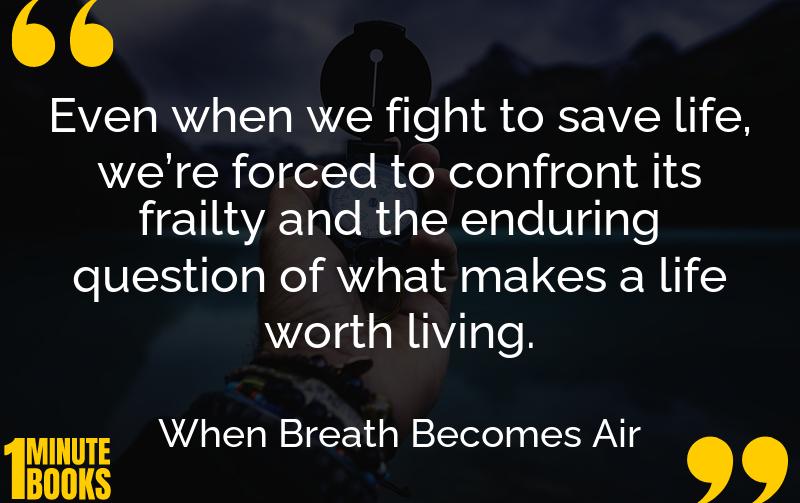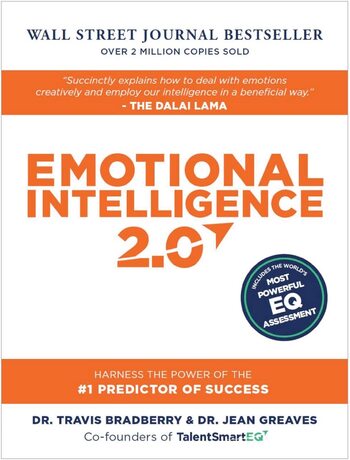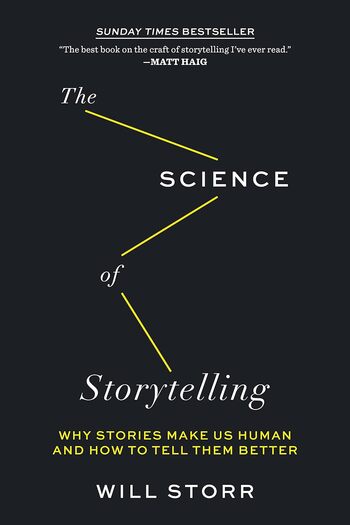
Paul Kalanithi, a brilliant neurosurgeon, chronicles his life discovering the meaning of existence. Diagnosed with terminal cancer, his memoir explores the intersection of literature, science, and humanity.
Main Lessons
- Life’s fragility often underscores its beauty and value.
- Understanding one’s own mortality can provide clarity and purpose.
- The dichotomy between extending life and ensuring quality of life is central to medical practice.
- Interdisciplinary learning, like Kalanithi’s passion for literature and neuroscience, can enrich our understanding of existence.
- The role of a doctor is deeply intertwined with ethical decisions about life and death.
- Facing terminal illness prompts introspection and evaluation of life’s meaning.
- The emotional weight carried by medical professionals is significant and deeply personal.
- Finding and understanding meaning is a lifelong quest, sometimes reshaped by life’s experiences.
- Family and personal connections are essential sources of joy and fulfillment, even during hardship.
- A holistic view of health considers both physical and emotional dimensions.
- Legacy is built through the impact we have on others and the values we share.
- Courage and grace in accepting life’s end can be inspirational and enlightening.
- Life’s narrative changes when viewed through the lens of terminal illness.
- Human connection stands resilient, offering comfort in life’s toughest moments.








